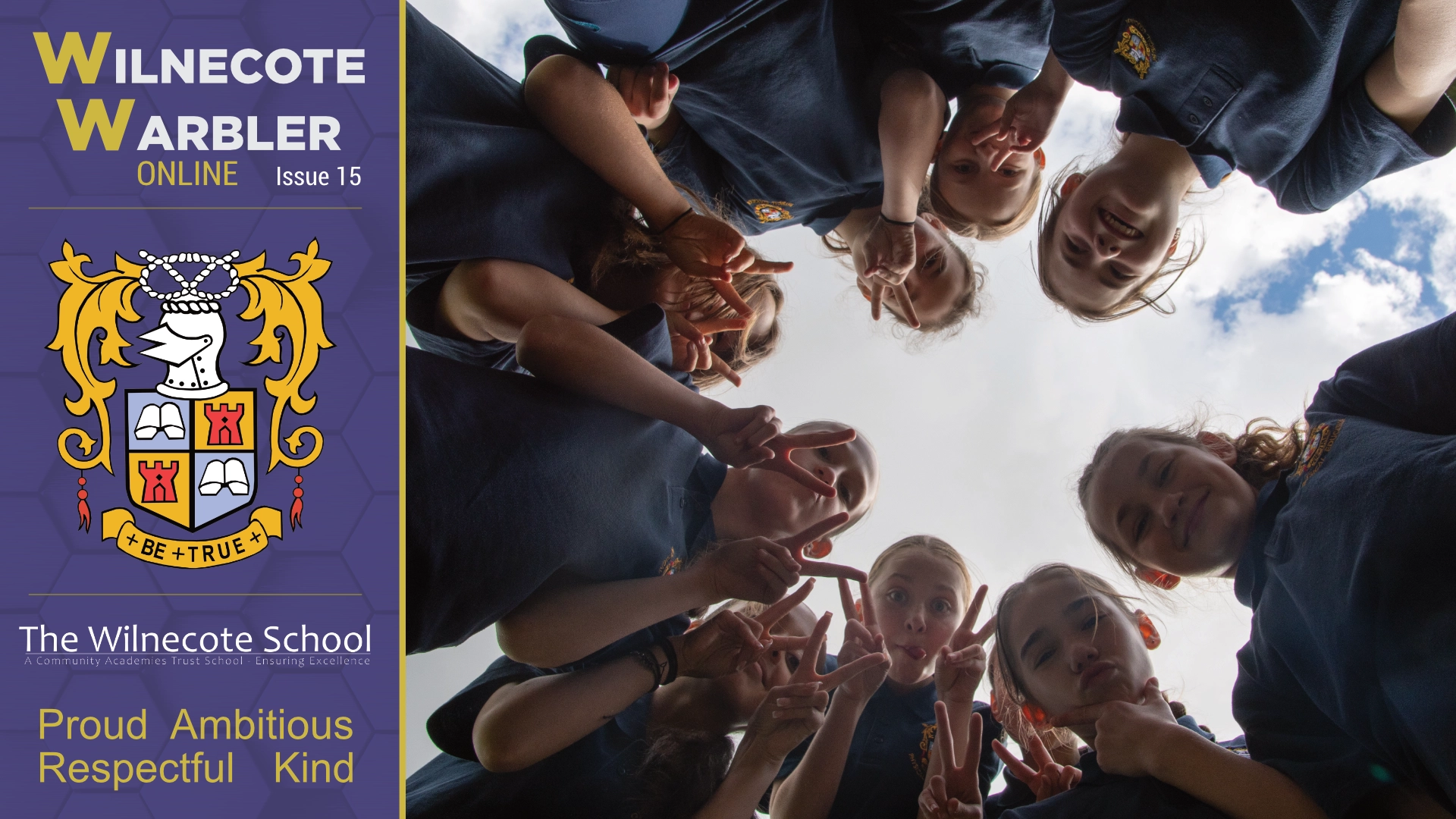
Welcome

Mr FoskettHeadteacher
Welcome to the 15th Issue of The Wilnecote Warbler
As we come to the end of the first half of the summer term, it’s a pleasure to share with you some of the great events that have taken place and to give you an update on some of the changes ahead of September 2024. The focus this half term has very much been supporting our year 11 through this intense exam period, but much more has been happening at the Wilnecote School.
Our sporting teams continue to excel both within Tamworth and at County level. This half term our Year 7 girls indoor athletics team took part in the County finals winning the right to represent Tamworth. They did exceptionally well and narrowly missed out on a Bronze medal by coming fourth out of the ten towns represented in the finals. Even more impressively, the team was coached by students in Year 9 as part of their Duke of Edinburgh Award. Wilnecote also dominated at the Tamworth Swimming Gala, winning both the Key stage 3 and the Key stage 4 competitions, with two of our students breaking borough records that had been held for over a decade.
In the new term we have a lot to look forward to, including the conclusion to Year 11 exams, their leavers assembly and School Prom. We wish our Year 10 students’ good luck as they commence their three days of work experience on our return and also to our Bronze and Silver Duke of Edinburgh students as they go on their expeditions. Our Year 9 have an opportunity to go to London to visit the British Museum of Natural history and we hope to have a cultural and character event for Year 7 and 8. Additionally we look forward to meeting and welcoming our new Year 7 for their induction days.
I hope you have an enjoyable half term break, and we look forward to welcoming students back to school on Monday 3rd June 2024.
Yours faithfully
Mr Foskett
Headteacher
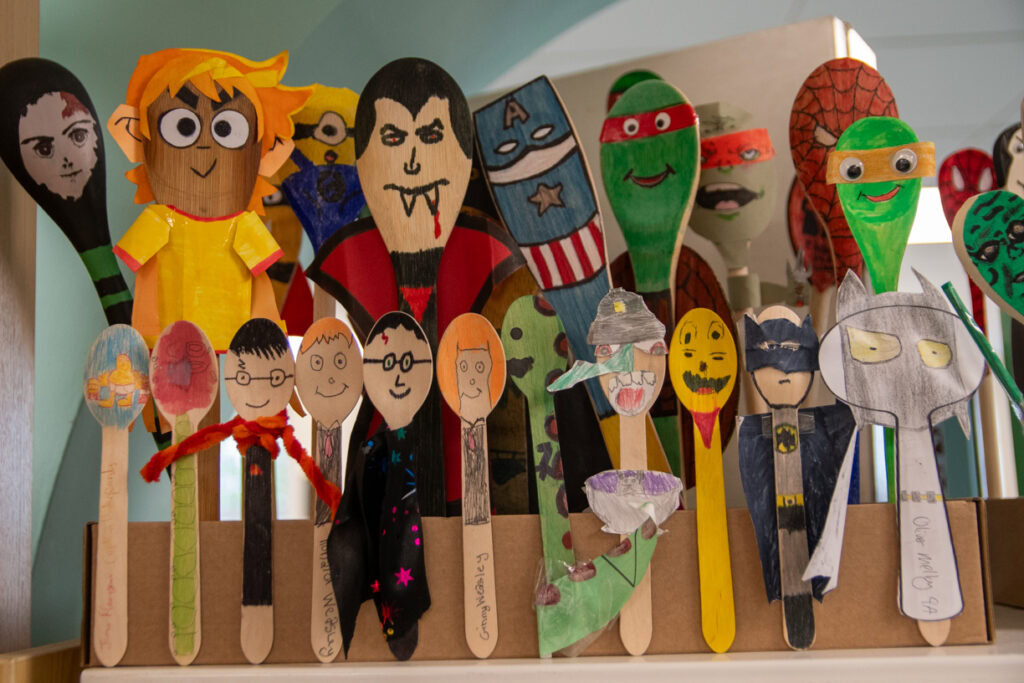
Proud & Ambitious
World Book Day 2024
Read More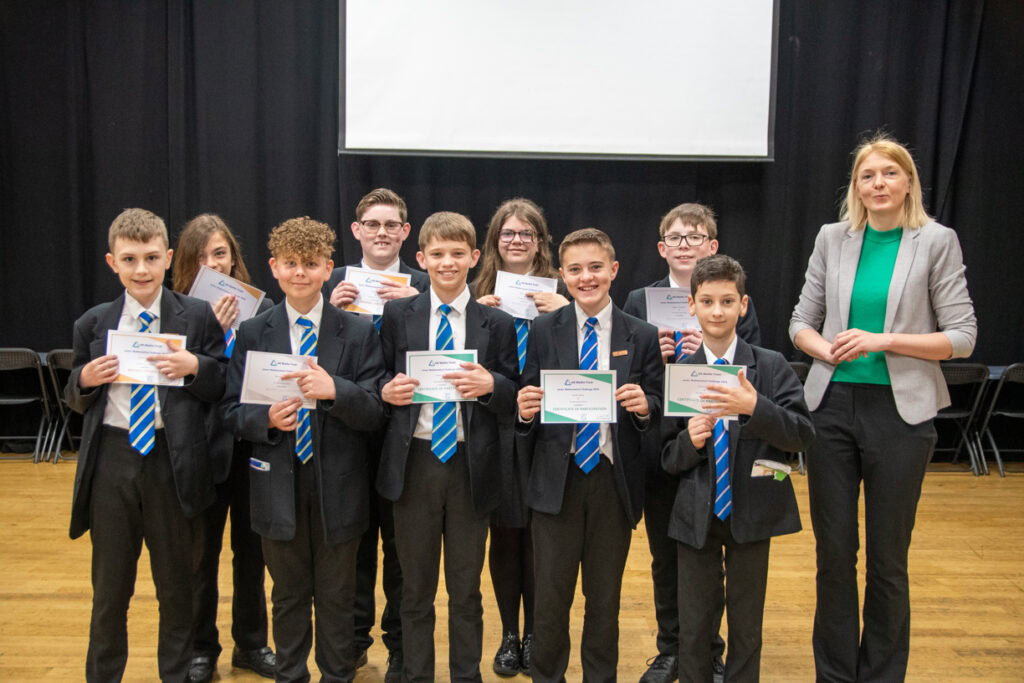
Proud & Ambitious
Maths Challenge May 24
Read More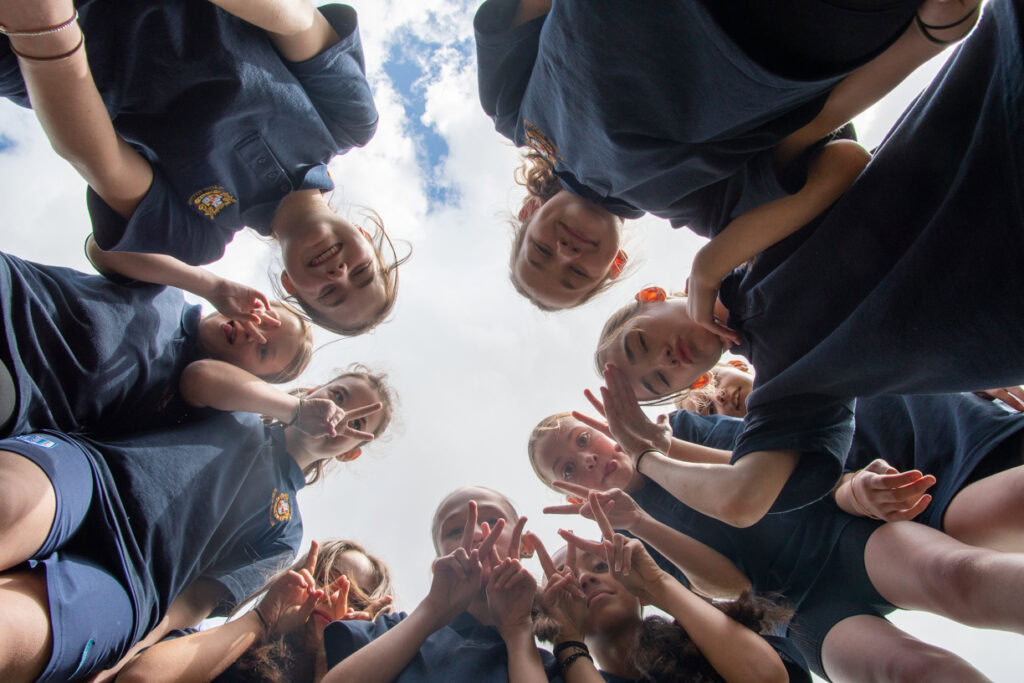
Proud & Ambitious
Sportshall Athletics 24
Read More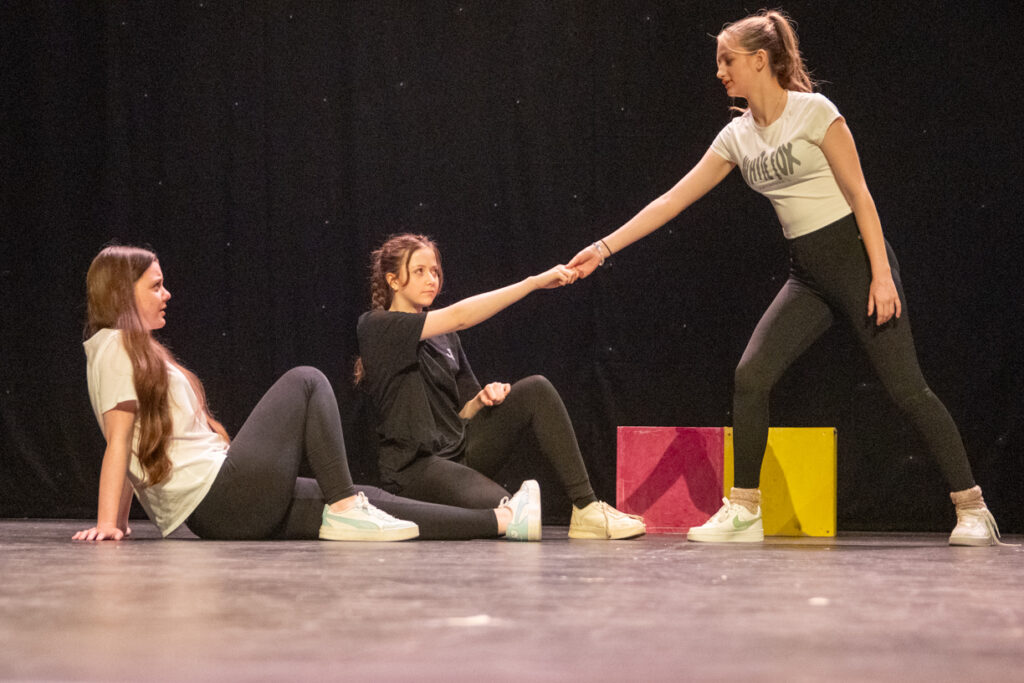
Ambitious
Ignite Festival 2024
Read More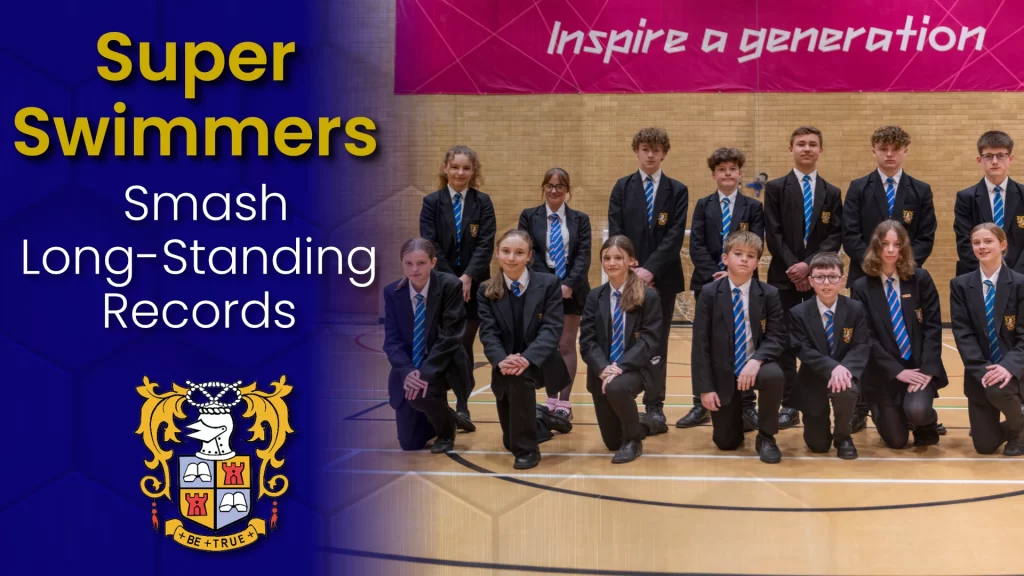
Proud
Swimming Success 24
An excited set of Wilnecote swimmers entered the Key Stage 3 Tamworth District swim gala with great expectations and ambition.
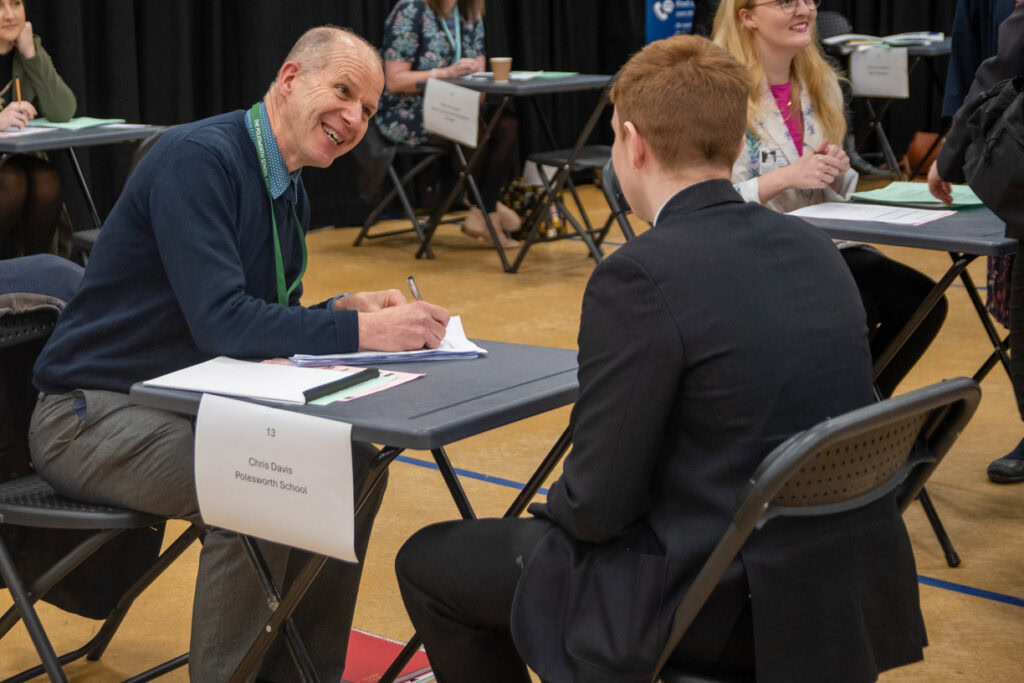
Ambitious
Mock Interviews 24
Read More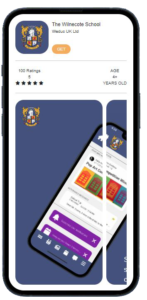
School App
We are pleased to announce that our new school app has successfully launched and that the uptake has been amazing.
If you have not yet done so, please download the app from your app store and sign up with the access code sent to your email address.
The Wilnecote School offers a wealth of information and resources online to support students, parents, and the wider community. Here’s your one-stop useful links:
History at The Wilnecote School

Mr FarrellHead of Humanities & History
Listen to this article
Last year the History department started reviewing its scheme on the Transatlantic Slave trade which is taught in year 8. To assist with this, over the summer, I attended a week-long course at Balliol College in Oxford run jointly by the University and the Museum of the American Revolution in Philadelphia on the effective teaching of the Transatlantic Slave Trade. The course brought together teachers from both Britain and USA, along with experts on the Transatlantic slave trade from several universities. This article outlines the impact this course has had and includes comments from students in year 8 reflecting on what they have learnt.
The course was wide ranging and thought-provoking. One session run by Abdul Mohamud and Robin Whitburn (authors of Doing Justice to History: Transforming Black History in Secondary Schools, 2016) focused on the 14 principles they recommend to improve the teaching of transatlantic slavery in schools: These principles have formed the backbone of the History department’s strategy as we have developed our new scheme and launched it with our current year 8 students.
During the course an interactive session at the Pitt Rivers Museum allowed us to handle artefacts from several African kingdoms, including exquisitely carved ivory ceremonial bowls, ornate axes and a wooden representation of a sasa boa, all of which testify to a thriving culture in those kingdoms before the intrusion of the slave traders. The session helped inform a new lesson on pre-colonial Africa which we hope to expand into year 7 for next year; one year 7 group will be trialling a live online session with a member of the Pitt Rivers team in June.
We have then gone on to investigate how the trade in enslaved people developed and considered who was most to blame for this. New sources from the course have enabled us to show students the true scale of the trade (using interactive maps) and how the trade was justified on racial grounds. Hannah T was shocked “to learn that different races were treated so differently. The fact that white people could buy enslaved people and treat them like property was just horrific.”
Next, we studied conditions on “The Middle Passage”, the journey from Africa to the Americas. Nikola M comments “We learned about The Middle Passage and how enslaved people were treated like they weren’t human. They were treated just like objects to trade. For example, what caught my attention was how the enslaved people were stacked in the ships like stock. It surprised me how they had such poor conditions. The auction process at the end also shocked me because they were treated just like property rather than humans”. Braydon N-B was also shocked by the auction process and the way “the enslaved people were made to do a medical check” before they were sold, a process which must have been “uncomfortable, embarrassing and degrading”.
The life the enslaved people then had to lead on American and Caribbean plantations surprised and appalled many students. Caitlin C. was most shocked by “the poor health conditions they survived in” and the fact that “the average life expectancy of enslaved people on these sites was only 7-9 years but also that for 2-3 years they were “seasoned” which means they were taught to adapt to the tough environment. Many enslaved people passed away from starvation, disease or overwork”.
A particularly fascinating part of the summer course was the presentation by Dr Christine Whyte and Dr Peggy Brunache of the Beniba Centre for Slavery Studies at Glasgow University which showed how runaways created networks to help others to escape and how food was a form of passive resistance, as it enabled enslaved people to maintain their cultural heritage despite attempts to eradicate it. (This food with African links is the basis of much Caribbean cuisine to this day). This fed (no pun intended) into a section of our scheme on the different ways that enslaved people resisted their treatment both in the Americas and on the Middle Passage. Students were asked to consider whether Dr Brunache is right to argue that “Food is a perfect way to talk about these hard histories”, because it means that the focus is not just on enslaved people as victims with no agency but recognises how they fought back. CR agreed with this view because “if the enslaved people were able to add to their meals with things they had caught themselves, it shows that they still had hope even when everything in front of them was so bad”. OS held a similar view because it means we can remember “the people that suffered as smart and intelligent people that, despite their circumstances, found a way to make it better.”
Resistance was one aspect of the new course that struck a chord with many students. Tia S comments “one of the things that shocked me was how the slave owners/traders were willing to harm and kill human beings just because they saw them as “their property”. However, I admired the fact that, even through these hard times, the enslaved people still found ways to keep their sanity”. This sentiment is echoed by Jasime H who was fascinated by how “amidst all the horror, enslaved people still found a light. I admire them for creating their own community through carrying on their traditions and culture even though it was forbidden. Making their own communities helped enslaved people get together to share their cultures. It really shows how resilient and determined they were.” WS was intrigued by how setting up markets gave some enslaved people “the opportunity to buy their freedom” and “how this wasn’t the only way they could escape, as the markets were a centre for communication between communities on different plantations, allowing them to plan and scheme major rebellions”.
Finally on the summer course, on a walking tour of Bristol, we discussed how the transatlantic slave trade should be remembered, appropriately in front of the empty plinth where, until recently, the statue of the slave trader Edward Colston stood. The statue was pulled down and rolled into the docks in Bristol in 2020 as part of the Black Lives Matter protests. Our current year 8s have ended their course by designing a replacement statue for the empty plinth that they feel would be a more appropriate way of remembering the trade in enslaved people. Some of their designs are below.
Onsite Car Permit
Respectful
Please can we ask all parents who drop and collect their children off by car to do so outside of the school perimeter and not drive onto site. The start and end of the day is extremely busy with nearly a thousand young people leaving the site. Such numbers require all of the available space, including the driveways and we wish to keep our young people safe as they arrive and leave. If you require special consideration to enter the site in your car because of either a temporary or more permanent access arrangement, then please contact the school for an “Onsite Car Permit” which should be displayed on entry and exit www.thewilnecoteschool.com/contact. By limiting traffic entering site at these times, we will make entering and exiting the site safer for our students.
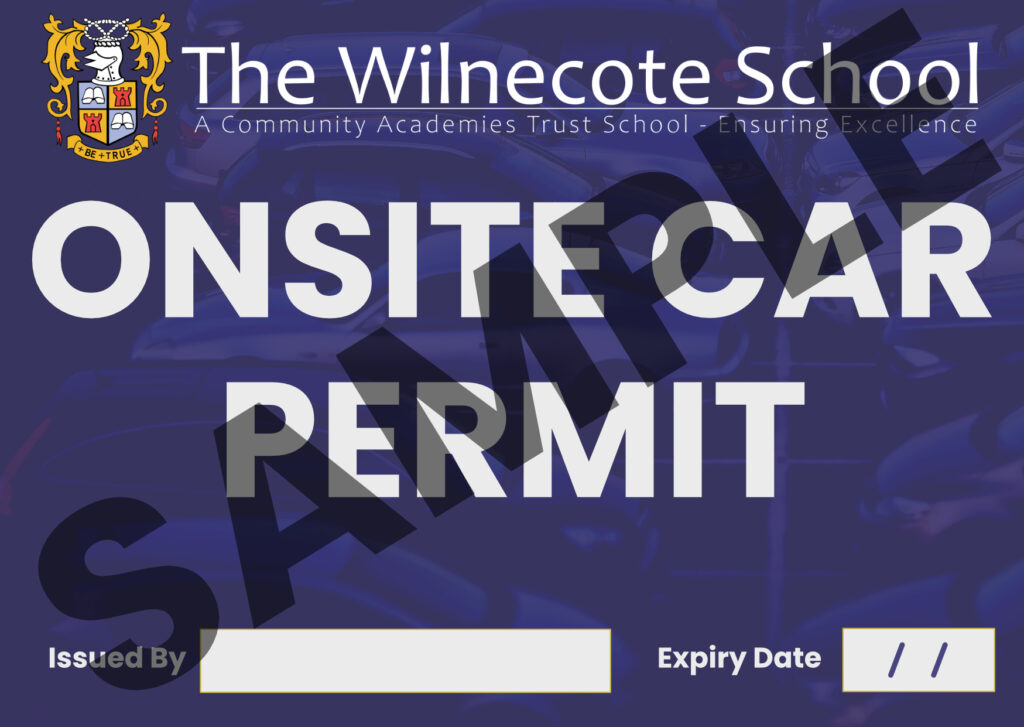
The Wilnecote School
THE HUB
-
Download for Apple devices: https://apps.apple.com/ai/app/the-wilnecote-school/id6477707878
-
Download for Android devices: https://play.google.com/store/apps/details?id=com.accrosoft.weducwilnecote&pcampaignid=web_share
- Messages: Get important updates and announcements straight from the school.
- School Calendar: Keep track of upcoming events, holidays, and deadlines.
- Notices: View important school notices and information.
- Forms: Easily access and fill out necessary school forms electronically.
- Newsfeed: Stay up-to-date with school news, achievements, and activities.
-
Links: Find handy access to all our school apps in one place.
-
Report Absence or Medical Appointments: Report and upload supporting evidence for absence and future appointments.
- Parents Evening and Clubs: Book your appointments or clubs.
-
Class Charts (Parents & Students):Download the parent app for Apple devices: https://apps.apple.com/us/app/classcharts-parents/id1018655566Download the parent app for Android devices: https://play.google.com/store/search?q=class+charts+parents&c=appsThis app gives you real-time information on your child’s behaviour, including positive points and detentions. Note: To receive push notifications, both parents and students will need to download the app.
- Go4Schools (Accessible via Main App): View your child’s reports and homework assignments you can now access Go4Schools within The Wilnecote School App (Hub section) for a seamless experience. Parents don’t need to download anything extra.
- Sparks Maths: This app offers students access to their maths homework and revision materials.
- Educake: Students can access their English and Science homework and revision resources.
- ParentPay: This app allows you to conveniently pay for school trips, performances, and some uniform items.
- Parents’ Evening – SchoolCloud (Accessible via Main App): Book parents’ evenings and after-school clubs directly through The Wilnecote School App, saving you the need for a separate app.
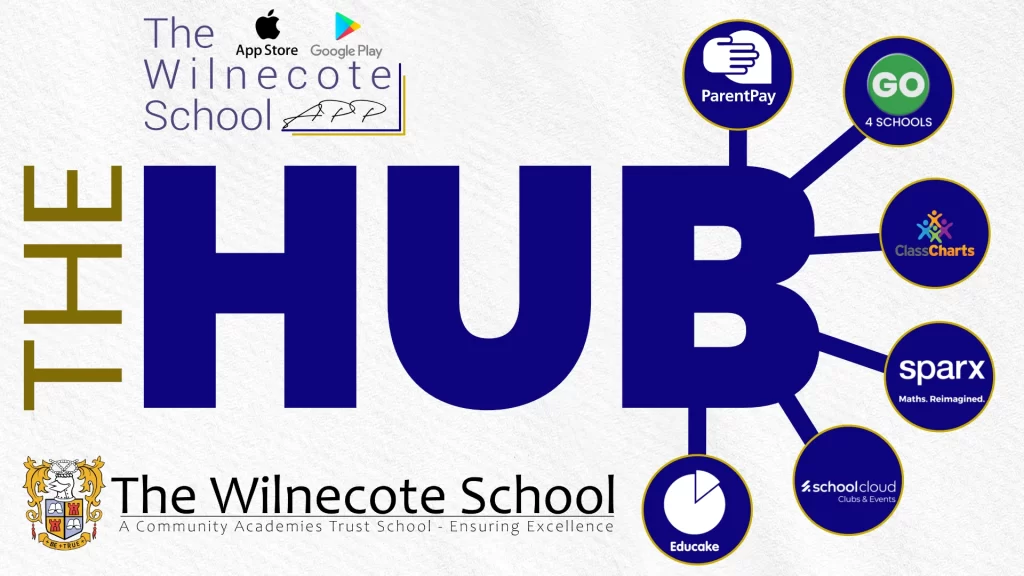
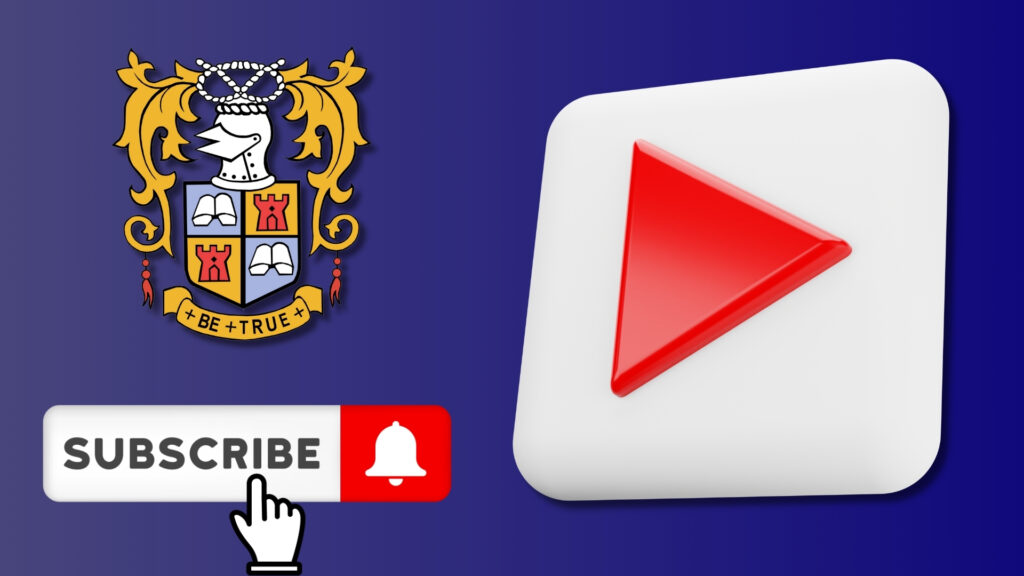
YouTube
Did you know The Wilnecote School is on YouTube?
Please click the link below and visit out channel. Please click the subscribe button and click the notification bell tobe kept informed of when we upload a new video.




